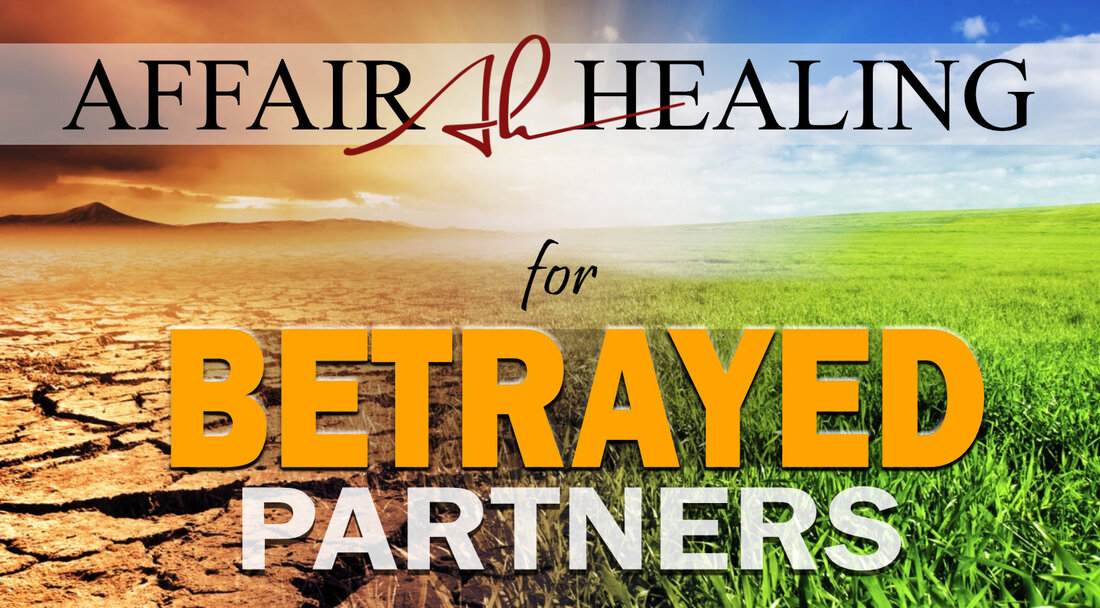Affair healing Blog
|
Following an affair, the recovery of the marriage is not the only option. But partners who decide to heal together will take different steps toward that goal. The vertical pairing of the steps listed below depicts how partners are connected to each other’s experiences and actions. Discovery should be met with disclosure. One partner’s trauma should lead to the other’s remorse which, in turn, can shorten the traumatic ordeal. Empathy should be offered to pain. Honesty needs to be met with acceptance. Atonement encourages forgiveness, and both partners must take the vulnerable risks necessary to reestablish trust. If either partner fails to take the necessary steps, the journey stops. If they remain stuck, then complete relationship healing cannot occur. Having already reviewed the steps of the Involved Partner, let's consider what steps the Injured Partner must take if a couple chooses to heal their marriage...
To even suggest that it might be beneficial to consider gratitude during the traumatic pain of betrayal might seem utterly ridiculous, but that's exactly what Stephen tried to do.
Today I am thankful... from Stephen Elliot on Vimeo. "I'm ready to give up this hurt..." A few nights ago, I came across another documentary that relates to affair healing issues. In her self-filmed documentary, A Way to Forgiveness, Erin takes a 550-mile pilgrimage across northern Spain in an attempt to find healing from the hurt of her impending divorce.
Here's what she says in the beginning of the film as she prepares for the trip: "I'm ready to stop crying every day. I'm ready to not collapse as I walk through the house. I just fall to the ground and sob from the pain. I'm ready to give up this hurt. I'm ready to, hopefully, find find a way to forgive the person who I trusted the most and ended up betraying me. I'm ready to pack my bags and just walk. I'm ready." This article was written and posted in our Community Forum by user"Stillme." It is always frustrating when people say the equivalent of, "If you won't give it 100%, why stay?" That assumes that some decisions are not rational and that life is simply 100% or 0%. I live in the real world, and the real world is filled with compromise.
I'll give an example: I completely dislike strawberry ice cream. Vanilla ice cream is okay, just okay. I like chocolate ice cream. I absolutely LOVE salted caramel ice cream. |
AuthorUnless otherwise noted, articles are written by Tim Tedder, a licensed counselor and creator of this site and its resources. Topics
All
|




 RSS Feed
RSS Feed
